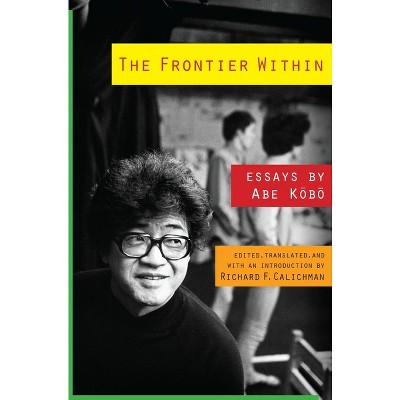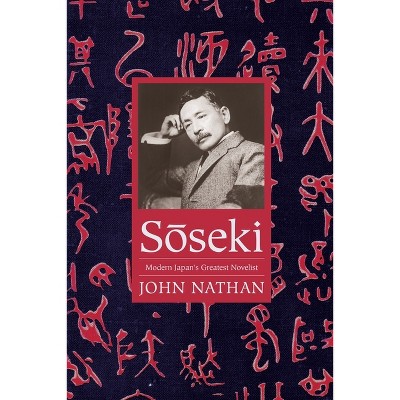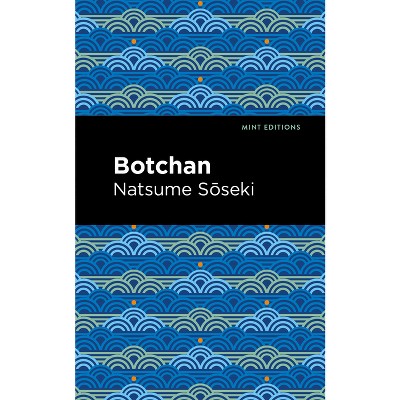Sponsored

The Traitor - by Kō & bō & Abe
Pre-order
Sponsored
About this item
Highlights
- In postwar Japan, a writer meets a small-town innkeeper who is obsessed with a tale from the nineteenth century.
- About the Author: Abe Kōbō (1924-1993) was one of Japan's greatest postwar writers, acclaimed for his imaginative fiction and plays of the absurd.
- 384 Pages
- Fiction + Literature Genres,
Description
About the Book
In his only historical novel, Abe Kōbō turns to a pivotal moment in Japan's past to explore profound questions about the nature of loyalty and the choices that people must make when they encounter forces beyond their control or understanding.Book Synopsis
In postwar Japan, a writer meets a small-town innkeeper who is obsessed with a tale from the nineteenth century. He relates the saga of Enomoto Takeaki, an admiral in the final years of the Tokugawa shogunate who regained authority under the Meiji government. A former member of imperial Japan's military police, the innkeeper dwells on the question of loyalty even as he struggles with his responsibility for the arrest and murder of his brother-in-law during the war. Later, he sends the writer a mysterious manuscript purporting to be the account of a peddler turned samurai whom Enomoto betrayed.
Part historical fiction, part detective story, The Traitor is a remarkable novel about navigating changing political landscapes by one of the most significant modern Japanese writers. In his only historical novel, Abe Kōbō turns to a pivotal moment in Japan's past to explore profound questions about the nature of loyalty and the choices that people must make when they encounter forces beyond their control or understanding. Published in 1964, when a new generation had begun asking their parents about the war, Abe's tale of betrayal sparked controversy across the political spectrum. The great writer's most important previously untranslated novel, The Traitor displays Abe's literary mastery from a new angle.Review Quotes
Abe Kōbō's novels were prescient ... and they still are. What could be more timely for us than this prescient historical novel in a masterful translation!--Roger Pulvers, author of My Japan: A Cultural Memoir
In this beautifully rendered translation, Mark Gibeau brings us for the first time an important work of historical fiction by one of Japan's leading postwar writers. This gripping novel provides a fascinating double perspective on both the chaotic pre-Meiji world that gave birth to modern Japan and the equally pivotal historical moment of mid-twentieth-century Japan when it was written.--Meredith McKinney, translator of Natsume Sōseki's Kokoro
About the Author
Abe Kōbō (1924-1993) was one of Japan's greatest postwar writers, acclaimed for his imaginative fiction and plays of the absurd. Among his best-known novels are The Woman in the Dunes, The Face of Another, and The Box Man.
Mark Gibeau has translated the novel A Shameful Life by Dazai Osamu (2018), as well as works by Kawabata Yasunari, Tanizaki Jun'ichirō, and Miyamoto Yuriko, among others.Shipping details
Return details
Guests also viewed















